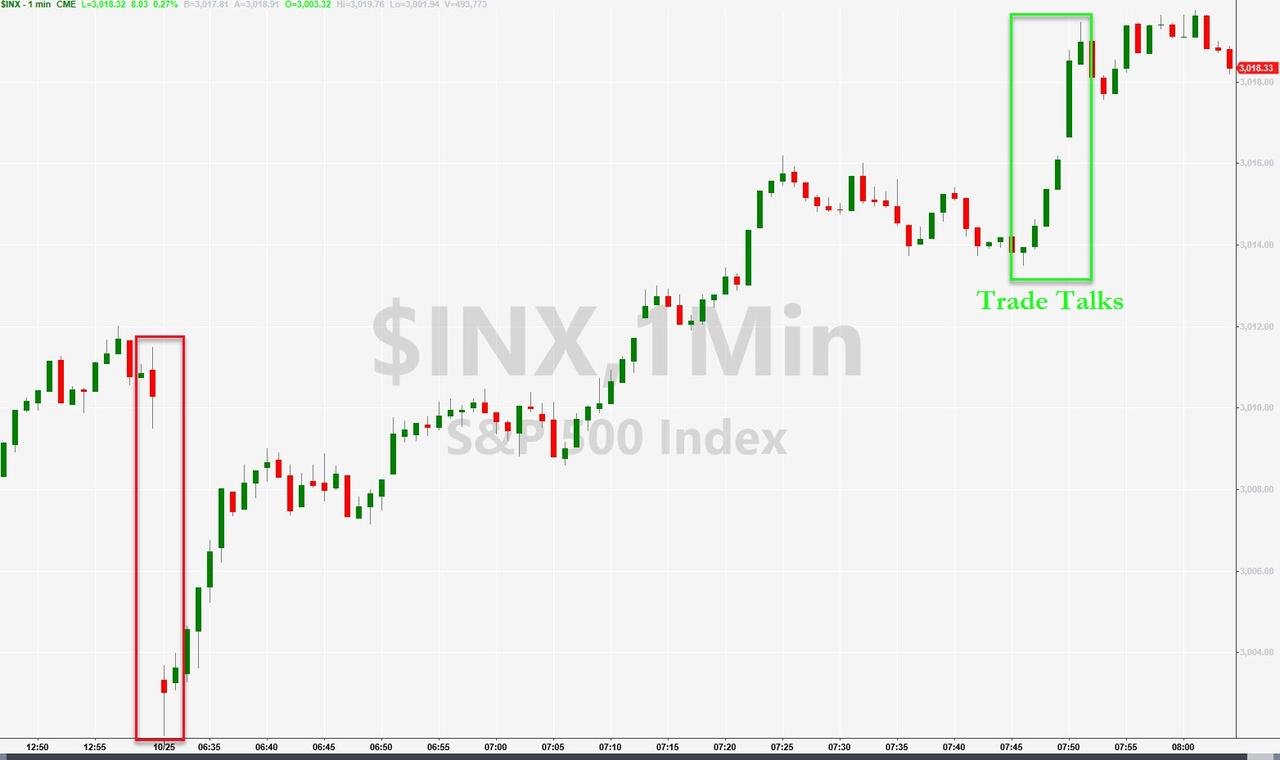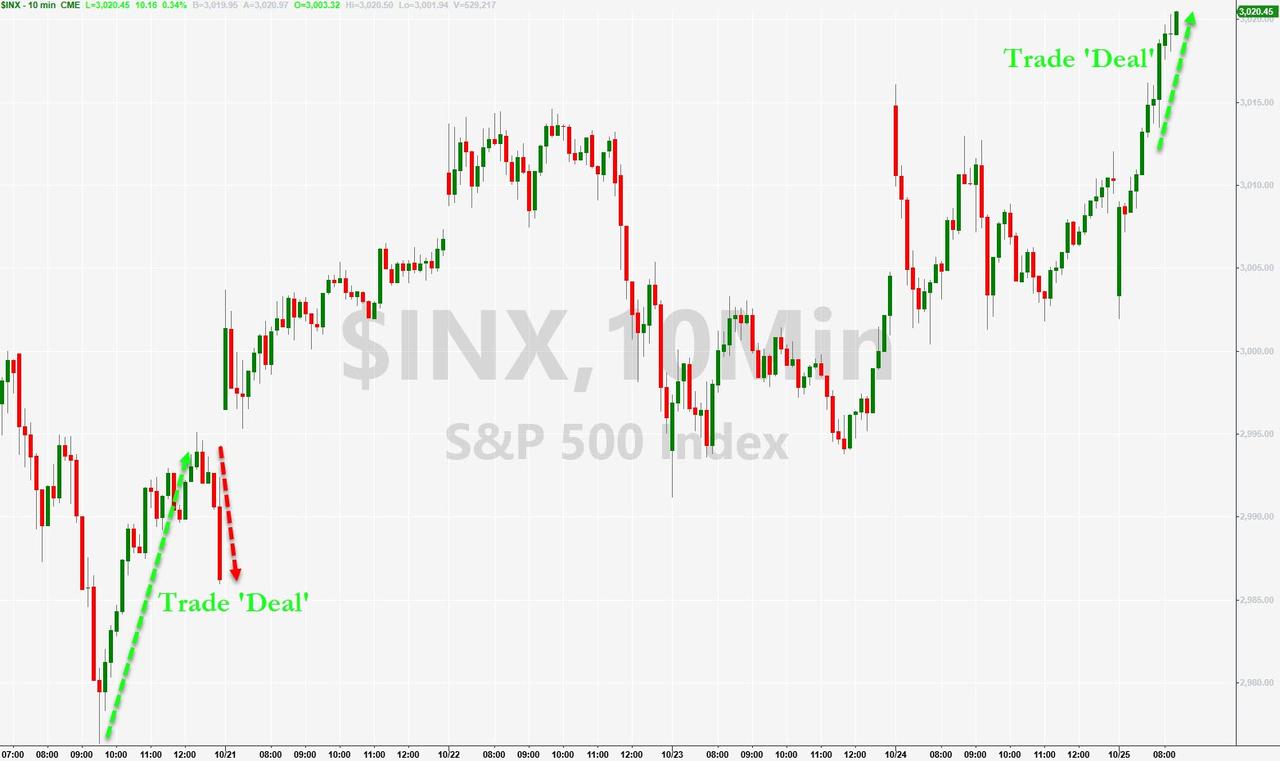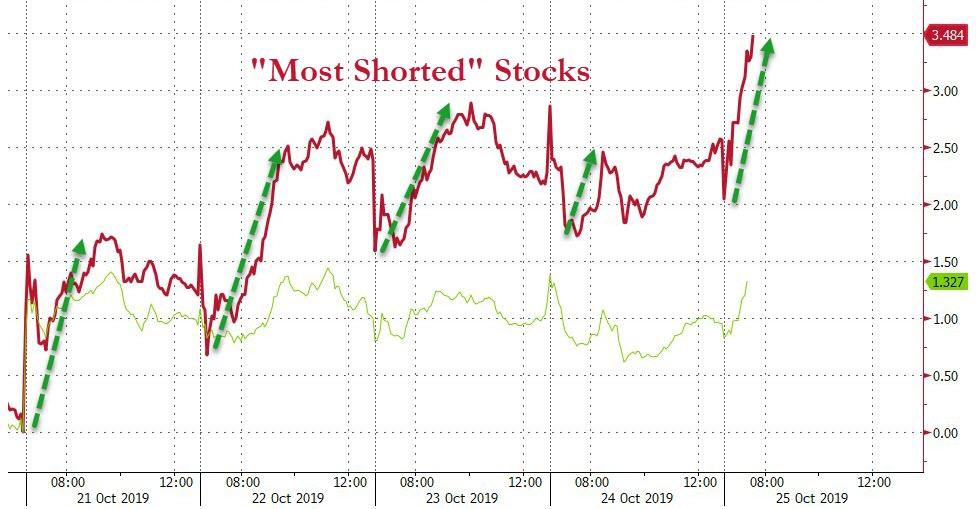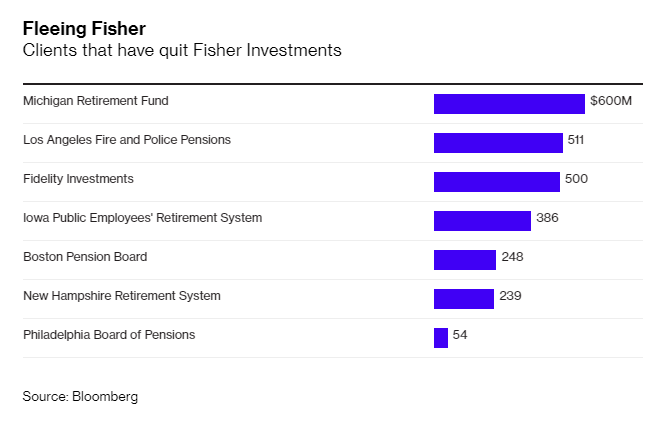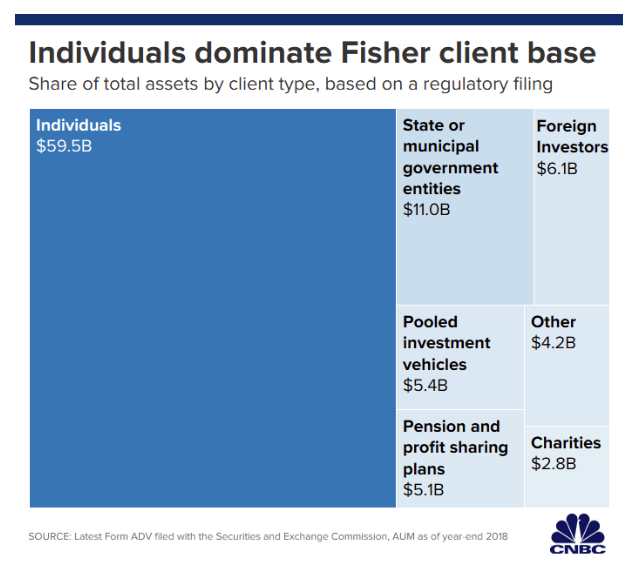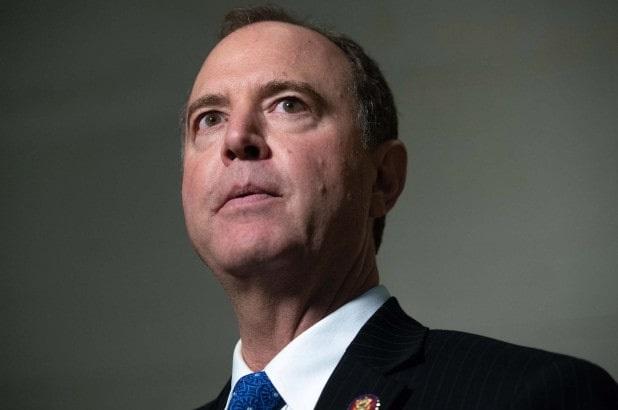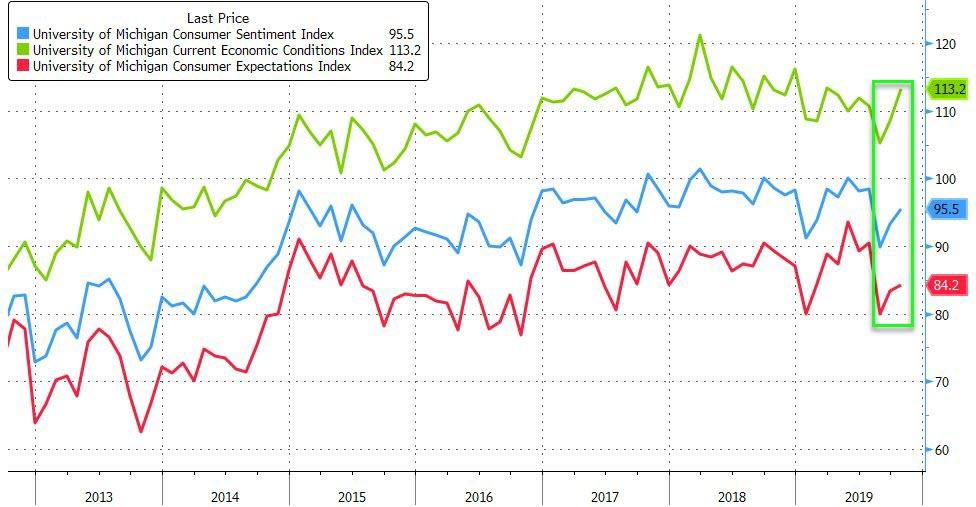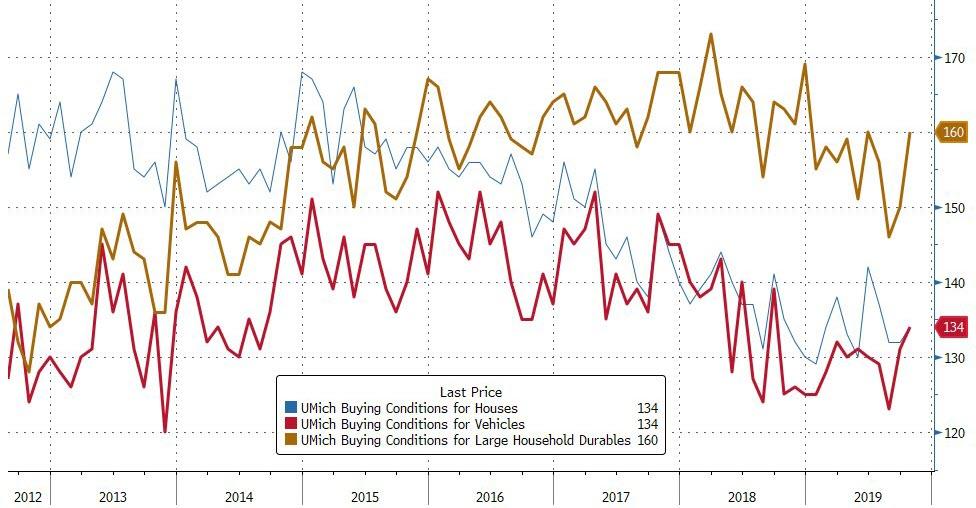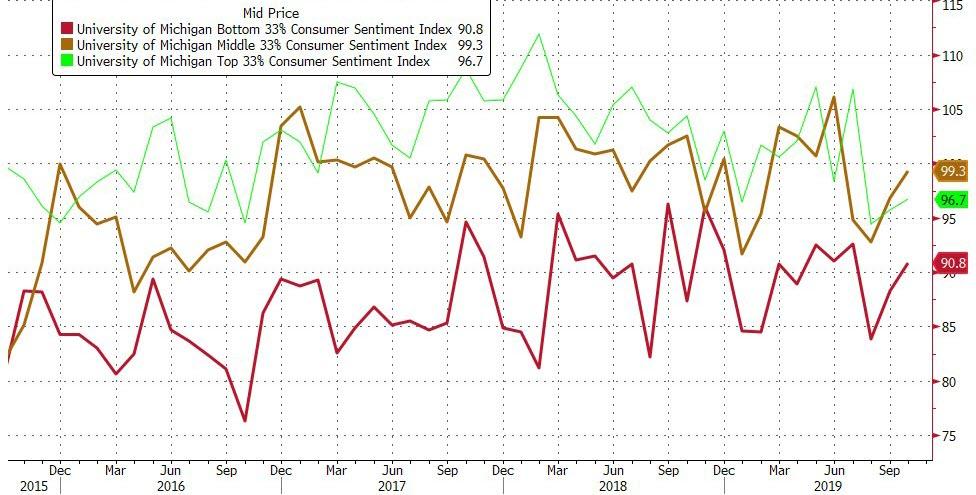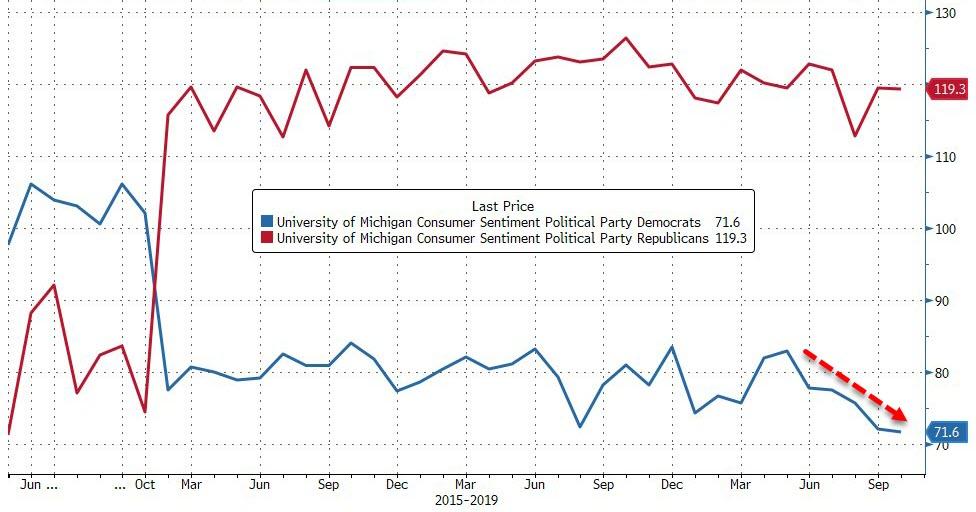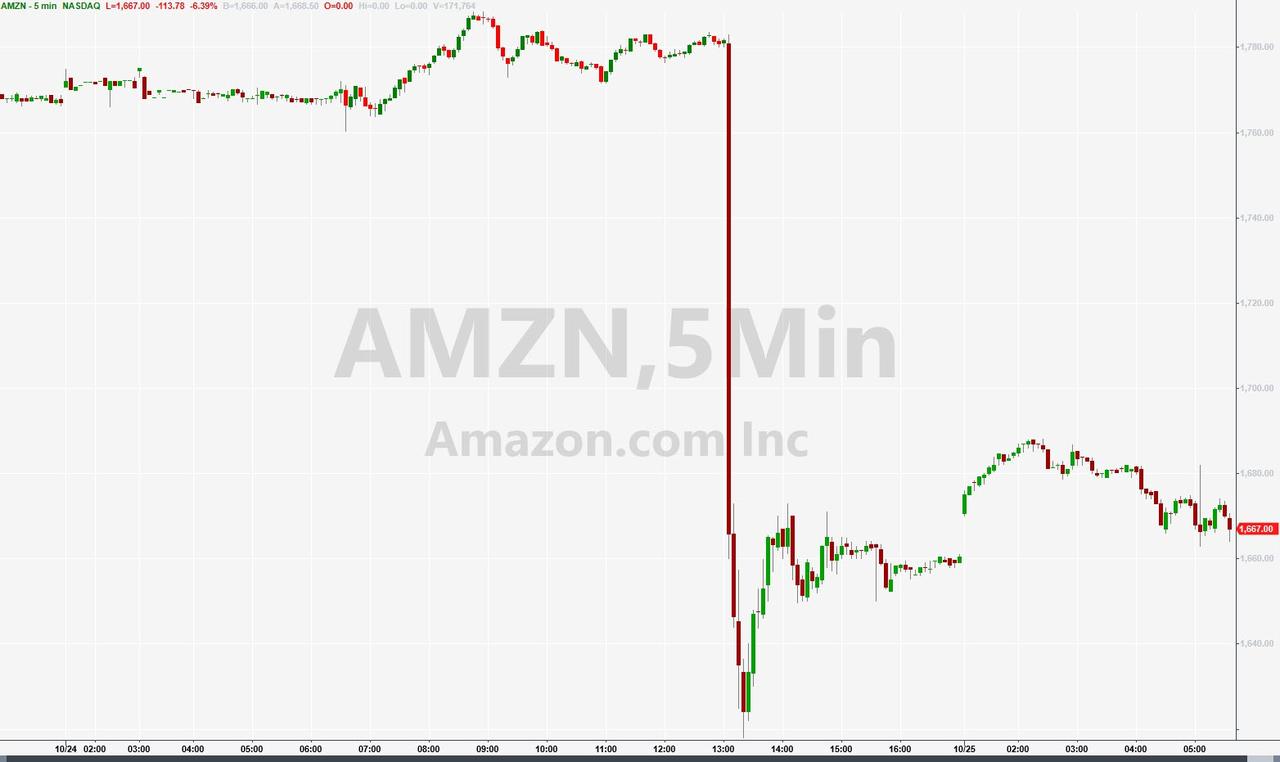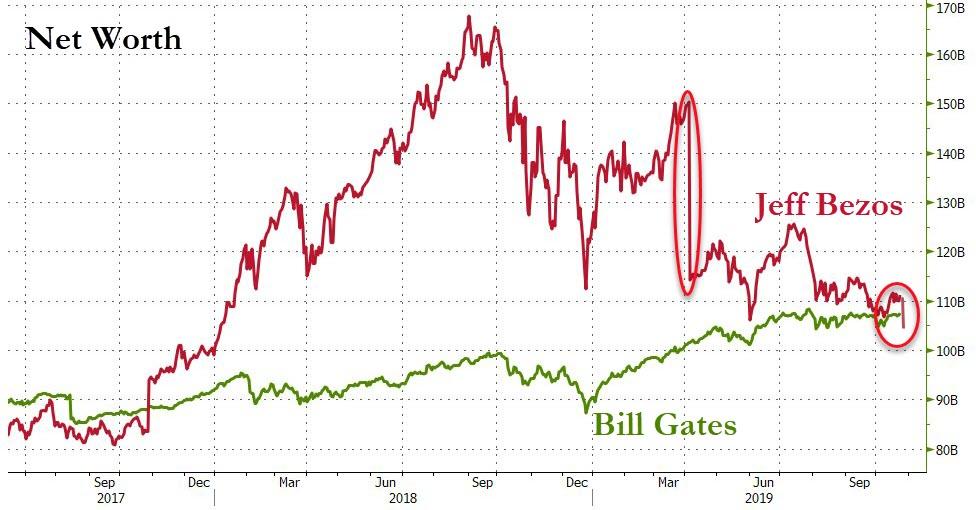“Apocalypse Near” – Pentagon Warns Climate Change Could Cause US Military Collapse Within 20 Years
Authored by Yves Smith via NakedCapitalism.com,
The Pentagon has long been concerned about the threats climate change pose to stability and how it will lead to conflicts due to mass migration and even more intense competition for scarce resources. In the early 2000s, the military warned that climate change could induce large-scale deaths and migrations out of low-lying areas such as Bangladesh due to storms and flooding.
A recent look at the dangers climate change poses to US military operations, released over the summer by the Army War College, went virtually unnoticed despite offering “Apocalypse Near” scenarios a mere 20 years out. And it isn’t just that very bad things are in the offing; the report finds that “the Department of Defense (DoD) is precariously unprepared for the national security implications of climate change-induced global security challenges.”
We found out about this document only as a result of an article in Vice flagged by resilc. We’ve embedded the document at the end of the post and strongly urge you to read it in full. Or if you want Cliff Notes versions, see The Center for Climate and Security or the Vice piece
The report sees the lack of potable water as a serious limitation on US military operations, which it anticipates will be overtaxed due to destabilizing climate-change induced mass migrations abroad, combined with domestic Jackpot-level threats of an overtaxed, decrepit electrical grid; diseases; and drought and potential crop failures. Vice gives a good high-level recap:
The report paints a frightening portrait of a country falling apart over the next 20 years due to the impacts of climate change on “natural systems such as oceans, lakes, rivers, ground water, reefs, and forests.”
Current infrastructure in the US, the report says, is woefully underprepared: “Most of the critical infrastructures identified by the Department of Homeland Security are not built to withstand these altered conditions.”
Some 80 percent of US agricultural exports and 78 percent of imports are water-borne. This means that episodes of flooding due to climate change could leave lasting damage to shipping infrastructure, posing “a major threat to US lives and communities, the US economy and global food security,” the report notes.
Notice that its timing is very similar to what we’ve repeatedly said: that potable water is the world’s most scarce natural resource, and it will come under stress by 2050 (we’re seeing it sooner in places like Cape Town). And even though water is theoretically recyclable and non-potable water can be made into potable water, that comes at an energy cost as well as other environmental damage (for instance, the not-trivial problem of salt disposal with desalination).
.
What is striking is the language and scenarios are at Defcon2 levels. The document stresses it has no ideological point of view about climate change and based its forecasts on what it depicted as mainstream work. And it pointed out that climate change is already happening.
The first major threat it identifies is mass migration. Here is the second, which is less well recognized, from the executive summary:
Salt water intrusion into coastal areas and changing weather patterns will also compromise or eliminate fresh water supplies in many parts of the world. Additionally, warmer weather increases hydration requirements. This means that in expeditionary warfare, the Army will need to supply itself with more water. This signifcant logistical burden will be exacerbated on a future battle eld that requires constant movement due to the ubiquity of adversarial sensors and their deep strike capabilities.
This is quite the admission:
The U.S. Army is precipitously close to mission failure concerning hydration of the force in a contested arid environment. The experience and best practices of the last 17 years of con ict in Afghanistan, Iraq, Syria, and Africa rely heavily on logistics force structures to sup- port the war ghter with water mostly procured through contracted means of bottled water, local wells and Re- verse Osmosis Water Puri cation Units (ROWPU). The Army must reinvest aggressively in technologies both in-house and commercial off the shelf in the next 5-10 years to keep pace with rising global temperatures, es- pecially those arid areas in or poised for con ict. The Army must seek partnerships with industry, other na- tions, and other militaries currently working on the hy- dration issue.
While the report does not tease out all the implications, salt water intrusion will be another driver of mass migrations, not only due to its impact on potable water but also on fishing and farming. And of course, that plus sea level rises and more frequent storms will also threaten and even cripple existing US installations, although that risk isn’t immediate.
Of course, there’s no mention of how the US military is a big greenhouse gas emitter; the article blandly notes, “The DoD does not currently possess an environmentally conscious mindset.” To its credit, the report does make changing that a top priority for the Army. It takes a “get on the bus or you’ll be under the bus” perspective:
As the electorate becomes more concerned about climate change, it follows that elected of cials will, as well. This may result in significant restrictions on military activities (in peace- time) that produce carbon emissions.
On the mass migration front, the report suggests planning for a Bangladesh-level disaster, and point out that drought was a major impetus for the conflict in Syria, with refugees from Iraq increasing pressure, which resulted in the exodus of 5 million Syrians out of a pre-war population of 22 million. Bangladesh has over eight times as many people and sits in a conflict-prone area with nuclear powers on either side.
But the report also foresees that the military could be overwhelmed by domestic demands, particularly due to our crap infrastructure, namely that the aging electrical grid will face higher demands as wider-ranging temperatures = more power use. The fact that this report is considering “collapse” as a possibility is telling:
Effects of climate abnormalities over time introduce the possibility of taxing an already fragile system through increased energy requirements triggered by extended periods of heat, drought, cold, etc. If the power grid in- frastructure were to collapse, the United States would experience significant
Loss of perishable foods and medications
Loss of water and wastewater distribution systems
Loss of heating/air conditioning and electrical lighting systems
Loss of computer, telephone, and communica-tions systems (including airline ights, satellitenetworks and GPS services)
Loss of public transportation systems
Loss of fuel distribution systems and fuel pipelines
Loss of all electrical systems that do not have back-up power
The caliber of the US response to power failure in Puerto Rico should give pause to the idea that the military is able do much to help.
A rise in insect-borne disease is another potential demand overseas and even here. While the report contends the US military has capabilities that enable them to help, I’m skeptical. And if a highly infectious disease emerges and spreads, it’s hard to imagine that any place in the world has the social cohesion and the public health system to respond well. The Steven Soderbergh movie Contagion was the feel-good version of what would happen if a virulent pathogen got loose. It’s hard to think that people in America would accept a quarantine or line up politely to collect food rations.
There is also considerable discussion of the threats and opportunities posed by the de-icing of the Arctic.
Finally, please do read the report before coming to conclusions about what it means for the possibility of operations in the US. The analysis by implication sees the military as asked to help in the event of a sustained domestic disaster, like a large scale electrical grid failure or a disease outbreak. It does not contemplate domestic violence. However, it’s not hard to see the possibility of martial law if the trajectory is as dire as this analysis suggests.
Tyler Durden
Fri, 10/25/2019 – 11:31
via ZeroHedge News https://ift.tt/32NwMtw Tyler Durden

